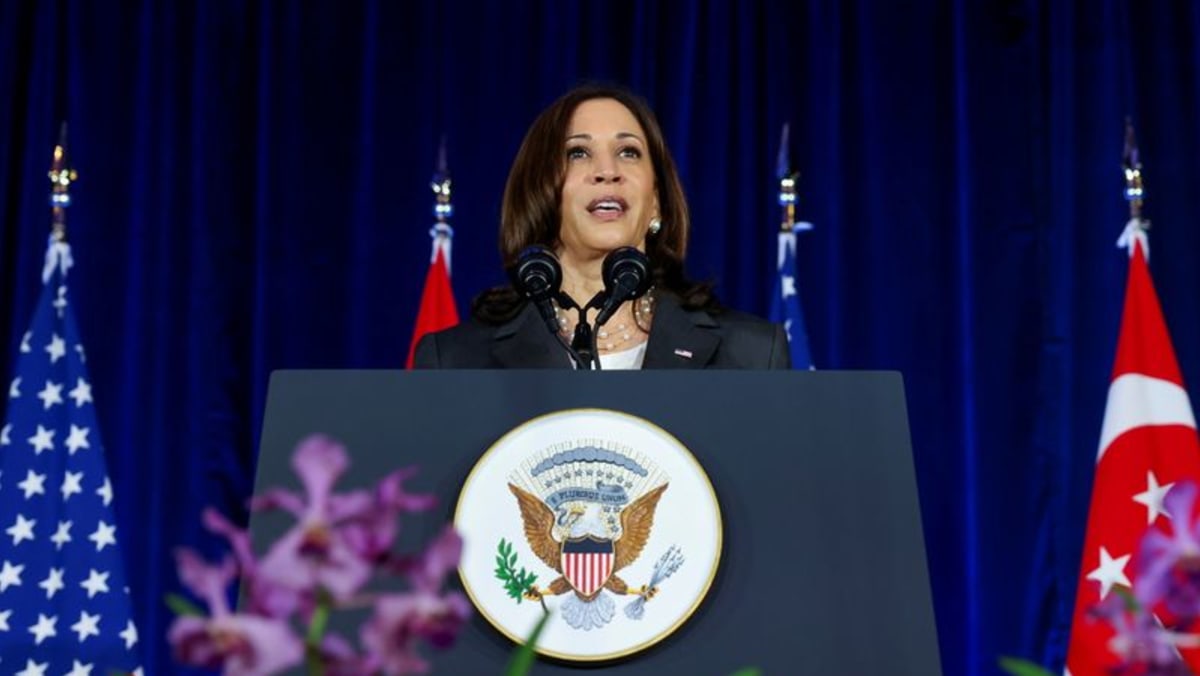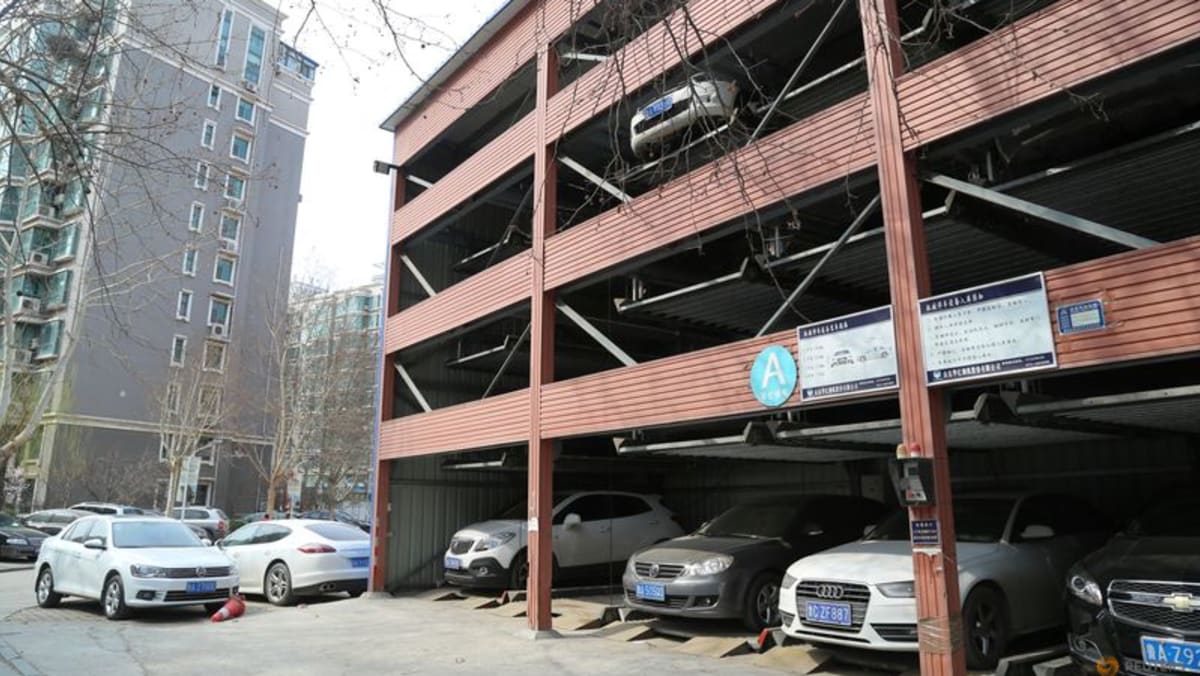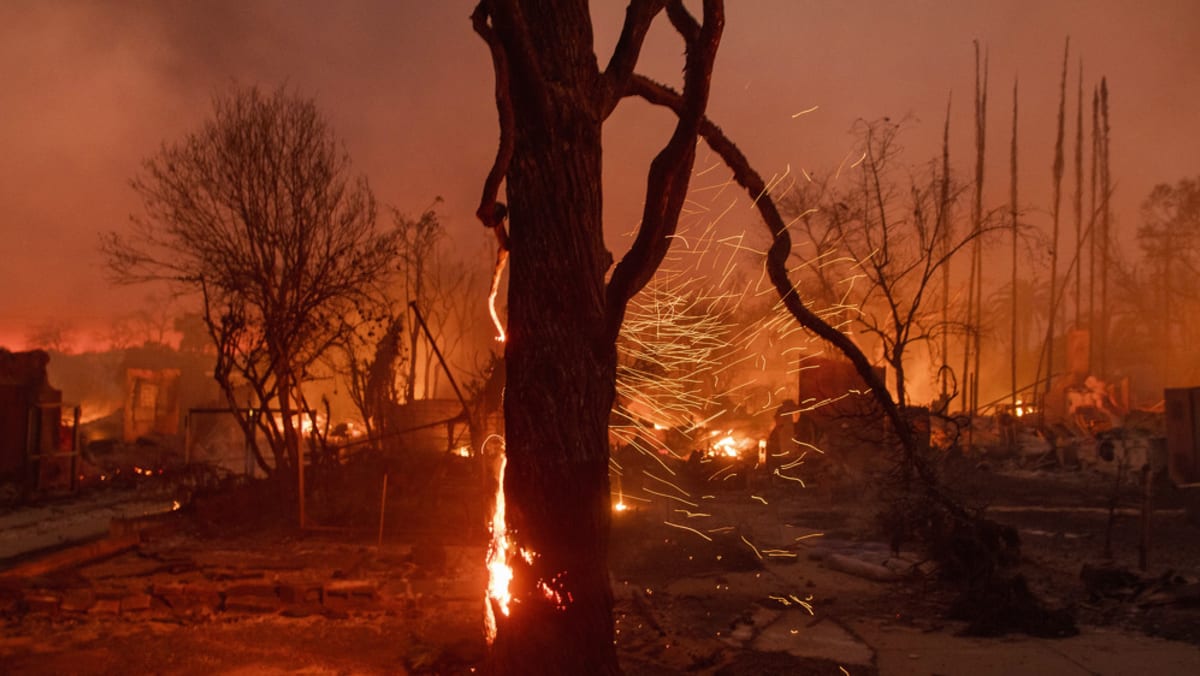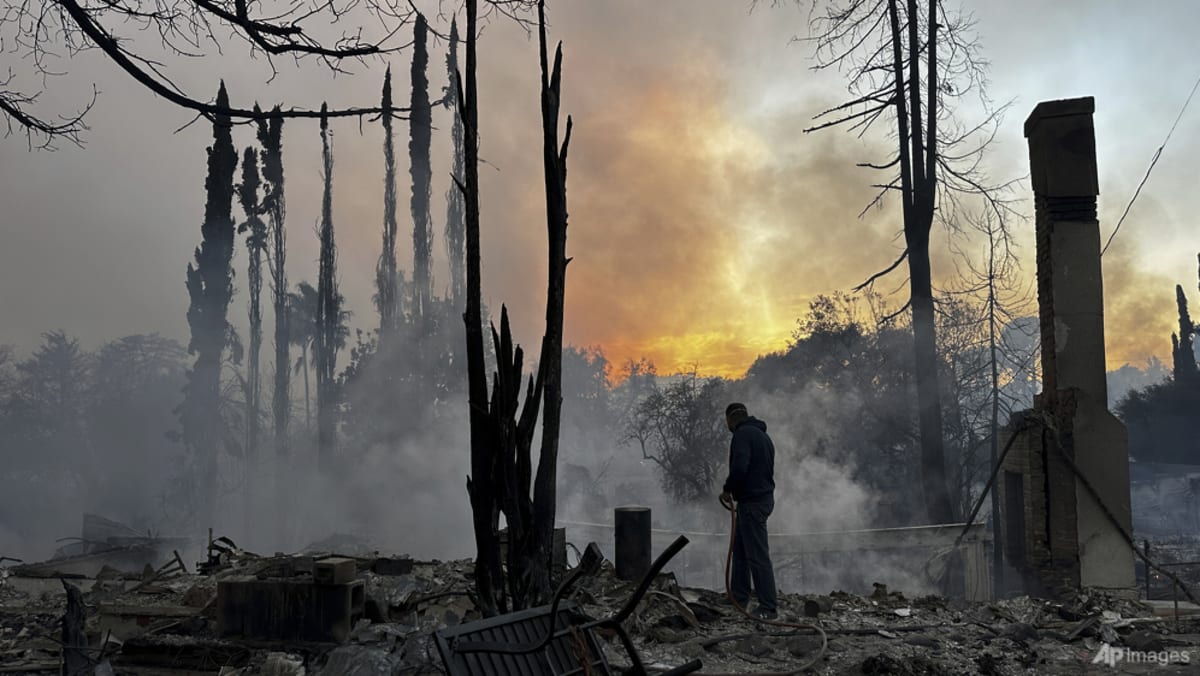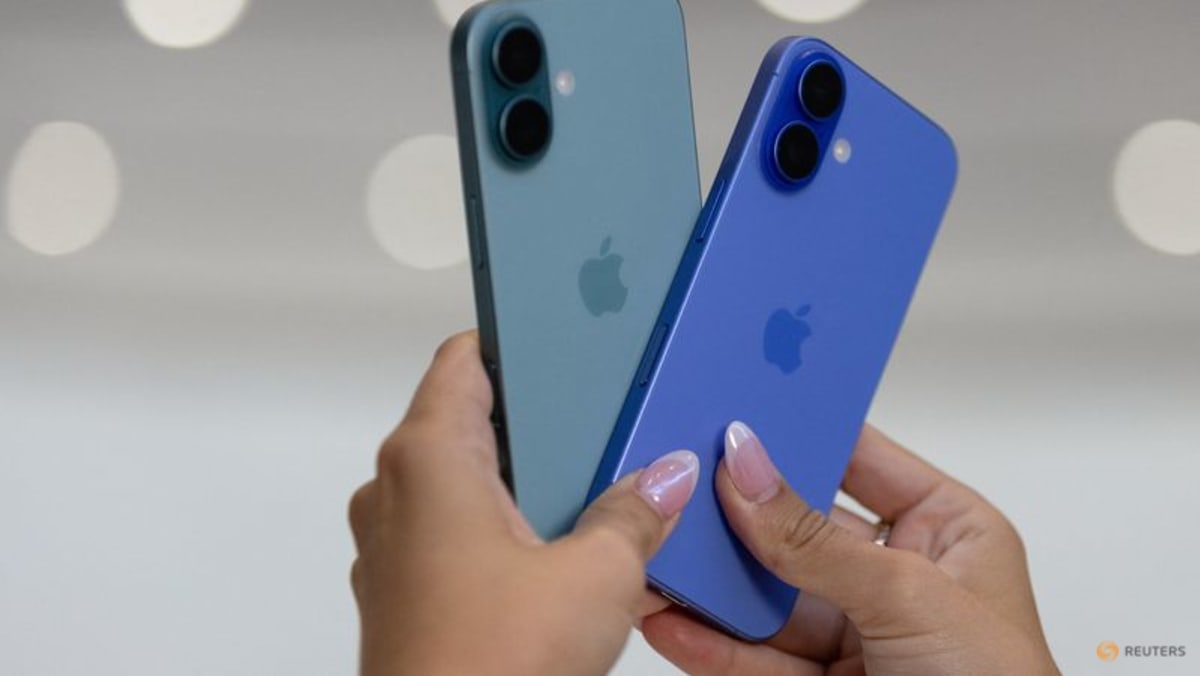IN FOCUS: Is Southeast Asia losing the battle against dengue?
.png?itok=B6ipNcnZ)
For Indonesia, however, lack of information and the spread of falsehoods have hampered the rollout of Wolbachia mosquitoes, such as in Bali late last year.
On social media, fake claims circulated about the mosquitoes transmitting Japanese encephalitis (a mosquito-borne virus that can cause severe illness) or “LGBT genes”; as well as them being part of Microsoft co-founder Bill Gates’ “depopulation plan”.
Such misinformation is not present in Singapore, where the challenge lies instead in keeping the dengue issue top of mind.
“Singaporeans are generally aware of the risk of dengue but it is difficult to constantly remember to check for mosquito breeding in the home,” said Dr Dickens.
Duke-NUS’ Prof Ooi said that for people in Singapore, knowledge “hasn’t always translated to action”.
“Sometimes the thinking is that … public health authorities should be taking care of this problem.”
Mr Loh, the Singaporean who had a brush with dengue, in fact caught the virus around the same time his residential area in Toa Payoh was identified as a cluster in late June 2023.
But he was “quite oblivious” to it being a hotspot, he told CNA. “You don’t think that anything will hit you until it really hits you.”
Post-dengue, Mr Loh and his wife ensure their three-year-old son sports two different types of mosquito repellent stickers when going to the playground. Mr Loh himself has started using insect repellent before heading out.
He stops short of going to the extent of only dressing in long pants and long-sleeved shirts.
“It’ll be crazy in this ‘sauna’ Singapore … Having the middle ground of precaution, self-care and as well as not being too paranoid does help.”
Source: CNA


